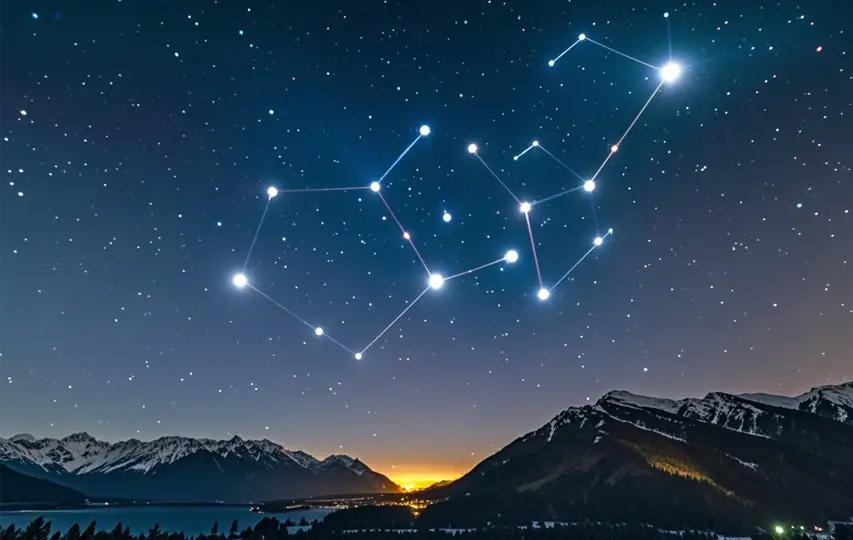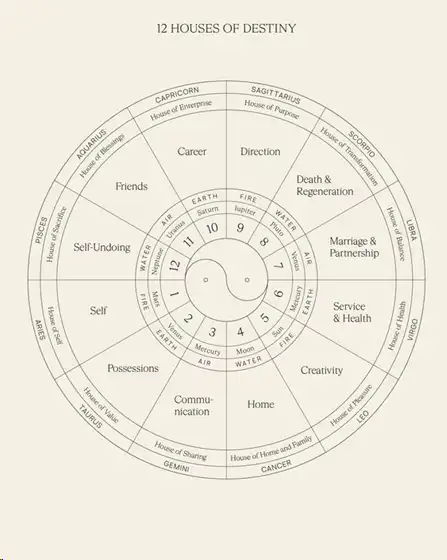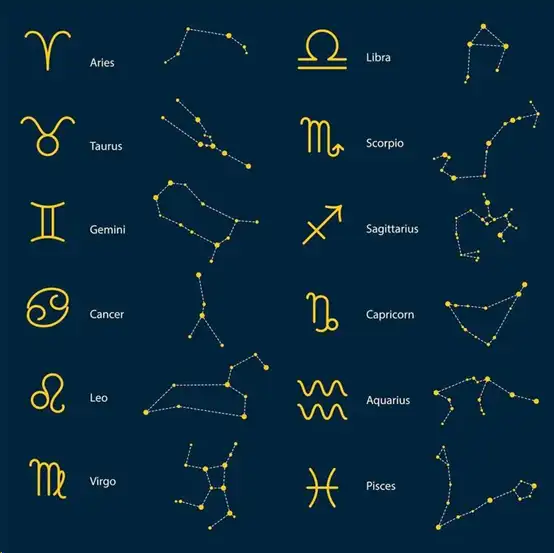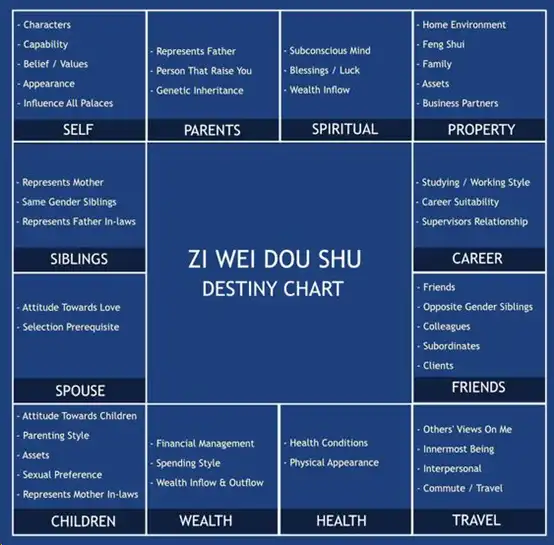
Exploring the Differences Between Western and Chinese Astrology
Astrology, as an ancient art of divination, has been practiced for centuries across various cultures, each developing its own unique system. Among the most well-known are Western astrology and Chinese astrology. Although both aim to understand and predict human fate through the observation of celestial bodies, they differ significantly in their methods, symbolic systems, and cultural backgrounds. In this article, we will explore the origins, fundamental principles, and symbolic representations of Western and Chinese astrology, highlighting the distinct characteristics and differences between the two. Along the way, we will integrate insights from personal astrology readings, Chinese astrology readings, and various other astrology practices to provide a comprehensive understanding.
The Origins and Development of Astrology
1. The Origins of Western Astrology
Western astrology traces its roots back to ancient Babylon and Greece. Around 2000 BCE, the Babylonians began using celestial events to predict weather, agricultural outcomes, and other important matters. By the time of ancient Greece, astrology had evolved into a systematic study, heavily influenced by Greek philosophical thought. Claudius Ptolemy, one of the most prominent figures in Hellenistic astrology, organized the principles of Western astrology in his work “Tetrabiblos,” which became the cornerstone of the system that is still in use today. Over time, Western astrology has evolved into a complex framework, often utilized in professional astrology readings and in-depth astrology readings.
2. The Origins of Chinese Astrology
Chinese astrology’s history is equally ancient, dating back to the Shang Dynasty. Ancient Chinese people used observations of the stars, particularly the Big Dipper, to predict the fate of the nation and the emperor. Unlike Western astrology, Chinese astrology is deeply intertwined with Confucianism, Taoism, and the I Ching (Book of Changes). The Tang and Song Dynasties saw the rise of systems like Chinese astrology birth chart readings and Chinese astrology chart readings, which integrate the movements of celestial bodies with the principles of Yin and Yang and the Five Elements (Wu Xing).
Fundamental Principles and Symbolic Systems
1. Western Astrology: Principles and Symbols
Western astrology is based on the zodiac, which divides the ecliptic into 12 signs, each occupying 30 degrees. People are using the positions of the Sun, Moon, and planets within these signs to construct a natal chart, the core tool in Western astrology. Personal astrology readings and couples astrology readings often involve analyzing the relationships (aspects) between these celestial bodies to provide insights into an individual’s personality, fate, and future potential. Modern Western astrology also incorporates psychic astrologer tarot card readings and love advisor insights, blending traditional practices with new age spirituality.
2. Chinese Astrology: Principles and Symbols
Chinese astrology, on the other hand, relies on a different set of symbols and principles, primarily the 12-year cycle of the Chinese zodiac, the 10 Heavenly Stems, and the 12 Earthly Branches. The ancient Chinese believed that the combination of the year, month, day, and hour of birth can influence a person’s fate and character. Chinese astrology readings, such as free Chinese astrology readings or in-depth Chinese astrology readings, often involve interpreting these elements to provide a comprehensive overview of one’s life path.

Cultural Background and Astrological Thought
1. The Cultural Background of Western Astrology
Western astrology is deeply influenced by Greek philosophy, mythology, and later Christian thought. In ancient Greece, the cosmos was viewed as an ordered whole, where the movements of the planets and stars were believed to reflect the will of the gods and the destiny of humans. Over time, Western astrology incorporated elements from alchemy, Kabbalah, and Neoplatonism, adding layers of mystical and spiritual significance. During the Renaissance, astrology began to separate from astronomy, with its more esoteric aspects continuing to flourish in various forms, such as psychic astrology readings and career astrology readings.

2. The Cultural Background of Chinese Astrology
Chinese astrology is closely linked to traditional Chinese culture and philosophy. Confucianism emphasizes the relationship between destiny and moral virtue, while Taoism focuses on harmony between humans and nature. The I Ching, a fundamental text in Chinese thought, has profoundly influenced Chinese astrology, making it not just a tool for spiritual healing but also a guide for living in accordance with the natural order. Chinese astrology free readings and palm readings are popular ways for individuals to explore their destiny and life purpose in the context of these ancient beliefs.

Modern Applications and Development
1. Modern Applications of Western Astrology
In modern times, Western astrology has found new applications in psychology, personal development, and self-exploration. Many people seek astrology for insights into their personality, potential, and relationships. They often do this through personalized astrology readings or general astrological readings. The internet has greatly contributed to astrology’s resurgence. It has made accessing in-depth astrology readings and astrological advice online easier than ever. Social media platforms have also played a major role. They have popularized astrology readings and reached a wide audience interested in exploring their star sign and natal chart.
2. Modern Applications of Chinese Astrology
Chinese astrology continues to hold significant importance in modern society, especially in Chinese communities around the world. Systems like BaZi (Four Pillars of Destiny) and Zi Wei Dou Shu (Purple Star Astrology) are still vital tools. They are used for forecasting personal fate, choosing auspicious dates, and making important life decisions. Similar to Western astrology, the digital age has revitalized Chinese astrology. Free Chinese astrology readings and online consultations are becoming increasingly popular.Career astrology readings and couples astrology readings are also widely sought after, reflecting the enduring relevance of this ancient practice.
Conclusion and Future Prospects
Western and Chinese astrology have different theories, symbols, and cultures, but both aim to link humanity and the cosmos. In our globalized world, these astrological traditions are increasingly influencing one another, creating a vibrant exchange of ideas. Whether you prefer Western zodiac signs or Chinese astrology’s complex calculations, both provide valuable life insights.
As astrology continues to evolve, it remains a powerful tool for self-discovery and understanding. Whether you’re seeking a personal astrology reading, a Chinese astrology reading, or even a psychic reading for love and career guidance, these ancient practices offer a unique lens through which to view your life and its potential.
Get to Know Free Numerology Chart
Get to Know More about Feng Shui

